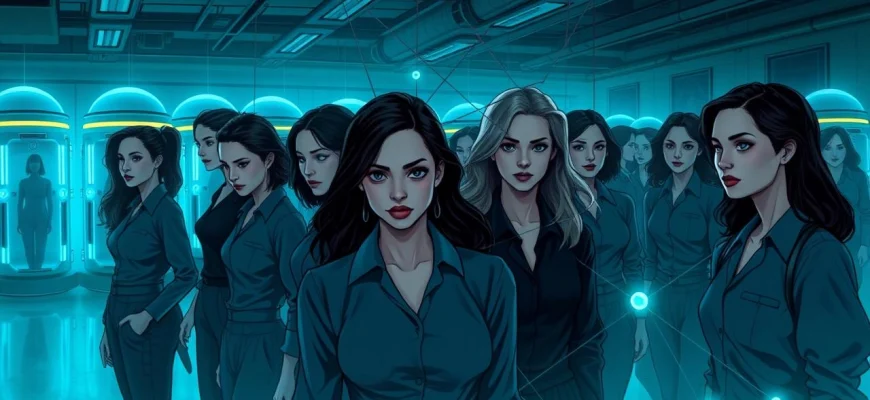If you're a fan of the thrilling and mind-bending series 'Orphan Black' (2013), you're likely craving more shows that deliver its unique blend of sci-fi intrigue, complex characters, and gripping storytelling. This article is your guide to 10 movies and TV shows that capture the essence of 'Orphan Black,' from clones and conspiracies to strong female leads and dark twists. Whether you loved Tatiana Maslany's incredible performances or the show's unpredictable plotlines, these recommendations will keep you on the edge of your seat.
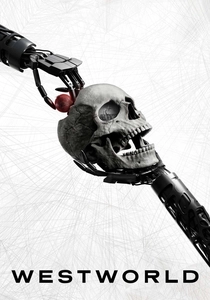
Westworld (2016)
Description: Westworld, like Orphan Black, delves into questions of identity, free will, and the nature of humanity. Both shows feature multiple versions of characters (clones in Orphan Black, hosts in Westworld) and explore the ethical implications of creating life. The intricate plotting and philosophical themes are central to both series.
Fact: Westworld is based on the 1973 film of the same name. The show was created by Jonathan Nolan and Lisa Joy. It features an ensemble cast including Anthony Hopkins and Evan Rachel Wood.
 Watch Now
Watch Now 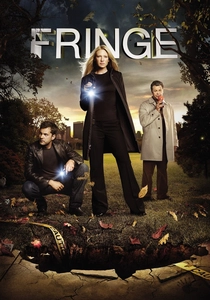
Fringe (2008)
Description: Fringe shares with Orphan Black a blend of science fiction, mystery, and character-driven drama. Both shows explore themes of identity, alternate realities, and the consequences of scientific experimentation. The strong female lead and ensemble cast dynamics are also points of similarity.
Fact: Fringe was created by J.J. Abrams, Alex Kurtzman, and Roberto Orci. The show was known for its 'mythology' episodes that advanced the overarching plot. It starred Anna Torv, who later gained fame in Mindhunter.
 Watch Now
Watch Now 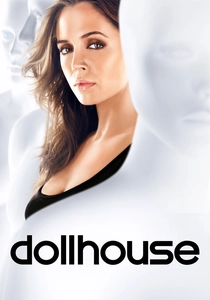
Dollhouse (2009)
Description: Dollhouse, like Orphan Black, explores themes of identity, memory, and the ethics of technology. Both shows feature a female protagonist who must navigate a world where her body and mind are not entirely her own. The moral ambiguity and sci-fi elements are central to both series.
Fact: Dollhouse was created by Joss Whedon, known for Buffy the Vampire Slayer and Firefly. The show starred Eliza Dushku, who also served as a producer. It was canceled after two seasons but has since gained a cult following.
 Watch Now
Watch Now 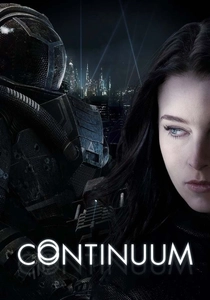
Continuum (2012)
Description: Continuum, like Orphan Black, delves into themes of identity, time travel, and the consequences of technological advancement. Both shows feature a female protagonist caught in a web of conspiracy and moral ambiguity. The intricate plotting and sci-fi elements are similar, with both shows balancing personal drama with larger societal issues.
Fact: Continuum was created by Simon Barry, who has a background in action and sci-fi genres. The show was filmed in Vancouver, Canada. It was originally intended to be a mini-series but was expanded due to its popularity.
 Watch Now
Watch Now 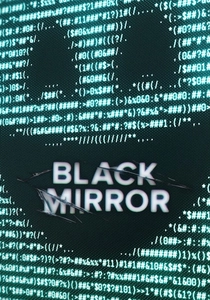
Black Mirror (2011)
Description: Black Mirror shares with Orphan Black a focus on the dark side of technology and its impact on society. Both shows explore themes of identity, privacy, and the consequences of scientific advancement. The anthology format of Black Mirror allows for a variety of stories, many of which resonate with the ethical dilemmas faced in Orphan Black.
Fact: Black Mirror was created by Charlie Brooker, a former journalist and satirist. The show's title refers to the black screens of devices when they are turned off. Each episode is a standalone story, allowing for a wide range of themes and genres.
 Watch Now
Watch Now 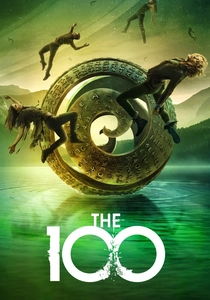
The 100 (2014)
Description: The 100 shares with Orphan Black a focus on survival in a harsh world, complex character relationships, and ethical dilemmas. Both shows feature strong female leads who must make difficult choices for the greater good. The themes of genetic experimentation and human cloning in Orphan Black are echoed in The 100's exploration of genetic engineering and survival.
Fact: The 100 is based on a book series by Kass Morgan. The show was initially marketed as a teen drama but evolved into a darker, more complex series. It has been praised for its portrayal of LGBTQ+ characters.
 Watch Now
Watch Now 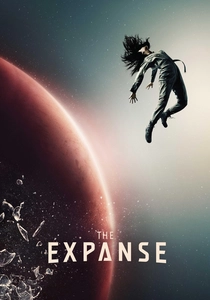
The Expanse (2015)
Description: The Expanse shares with Orphan Black a richly detailed universe and complex, multi-layered storytelling. Both shows explore themes of identity, power, and survival, with a focus on how individuals navigate larger systemic forces. The ensemble cast and political intrigue are also points of similarity.
Fact: The Expanse is based on a series of novels by James S.A. Corey. The show was initially canceled by Syfy but was revived by Amazon due to fan demand. It has been praised for its realistic depiction of space travel and physics.
 Watch Now
Watch Now 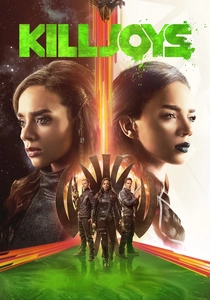
Killjoys (2015)
Description: Like Orphan Black, Killjoys features a strong female lead navigating a complex, morally ambiguous world. Both shows blend science fiction with action and explore themes of identity, loyalty, and rebellion against oppressive systems. The fast-paced storytelling and ensemble cast dynamics are also reminiscent of Orphan Black.
Fact: Killjoys was created by Michelle Lovretta, who also worked on Lost Girl, another show with a strong female protagonist. The show was filmed in Toronto, Canada, just like Orphan Black. The series was praised for its diverse cast and progressive themes.
 Watch Now
Watch Now 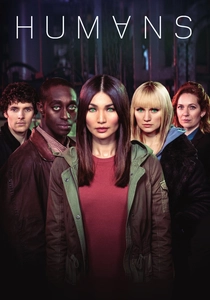
Humans (2015)
Description: Humans, like Orphan Black, explores themes of identity, humanity, and the ethical implications of artificial life. Both shows feature multiple versions of characters (clones in Orphan Black, synths in Humans) and examine what it means to be human. The emotional depth and moral dilemmas are central to both series.
Fact: Humans is a remake of the Swedish series Real Humans. The show stars Gemma Chan, who later gained fame in Crazy Rich Asians and Eternals. It was praised for its thoughtful exploration of AI and consciousness.
 Watch Now
Watch Now 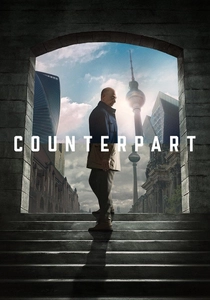
Counterpart (2017)
Description: Counterpart shares with Orphan Black a focus on duality, identity, and parallel worlds. Both shows feature a protagonist who must confront alternate versions of themselves and navigate complex moral landscapes. The espionage elements and intricate plotting are also points of similarity.
Fact: Counterpart stars J.K. Simmons in dual roles. The show was created by Justin Marks, who also wrote the screenplay for The Jungle Book (2016). It was praised for its intelligent writing and strong performances.
 Watch Now
Watch Now 
